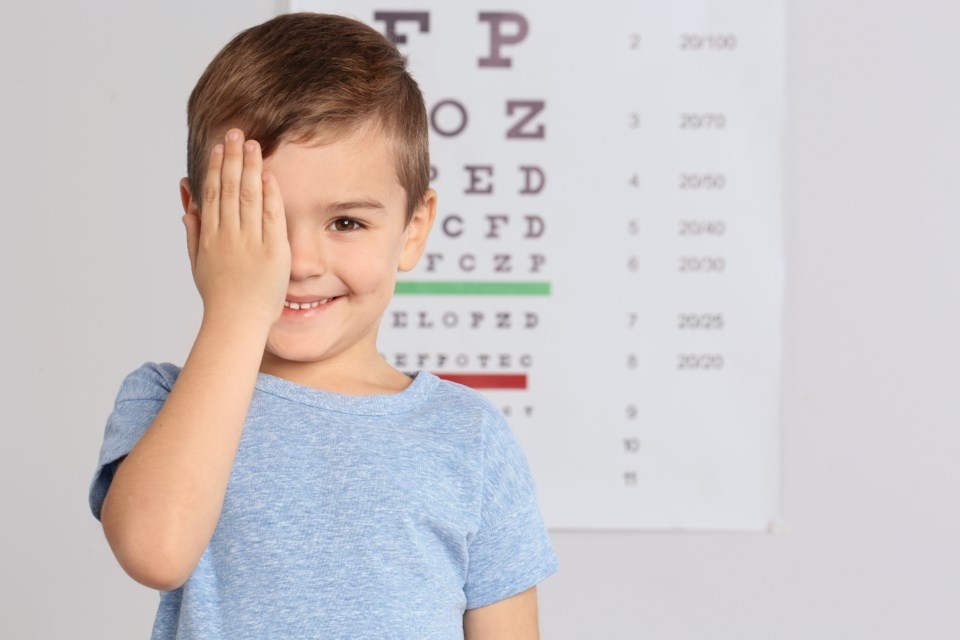Wellington-Dufferin-Guelph Public Health is seeking ways to return to delivering programs it once delivered in schools, daycare centres and to seniors, which have on hold since March due to the COVID-19 pandemic. Those programs include oral health and vision screening, among others.
In March, Public Health began to suspend non-critical programs and services to redeploy its staff to deal with the COVID-19 pandemic in accordance to its Continuity of Operations Plan.
At about the same time, schools and daycares in the province were shuttered and as a result, thousands of local children are not receiving public health services, like oral health and vision screening.
Those services, says public health in a recent report, are effective in addressing the health needs of marginalized populations in the community.
“For example, the Healthy Smiles Ontario program ensures that children from low-income families are able to access dental services,” said public health in the report. “Interruptions to these services may exacerbate health inequities, underlining the importance of recovering these programs in a safe and expeditious manner.”
Since March 13, all in-person dental exams have been on hold and 430 appointments booked between March and June were cancelled.
Dental screening visits for seniors have also been on hold since March 13.
Although it is not yet known when schools and daycare centres will reopen for certain, the Ministry of Health has directed health units to plan for some of these kinds of programs to resume in coming months.
“The closure of WDGPH’s dental clinics, though necessary during the first wave of the pandemic, has made it more difficult for children and seniors from low-income families to access needed care,” said public health in the report. “Interruptions to these services may exacerbate health inequities, underlining the importance of recovering these programs in a safe and expeditious manner.”
To plan the recovery of public health’s oral health programming, the agency needs to consider the backlog of patients caused by the pandemic, how dental screening and care can be delivered safely, the supply of personal protective equipment and the eventual reopening of elementary schools and other places where oral health outreach is provided.
Also on hold are preschool speech and language assessments for children (Wee Talk), as well as vision screening, which is usually done in senior kindergarten.
Public health notes negative impacts and poorer outcomes for children not screened early for speech-related issues.
“Delayed intervention is linked to poorer outcomes for children, as the critical window of brain development may be missed” said public health in the report.
The longer the program is on hold, the longer the waiting list will get and public health also notes that some children may age out of the Wee Talk Speech and Language program entirely.
All children up to age 19 are still eligible for yearly eye exams through their primary care provider, which is covered by OHIP, noted public health in the report.
“If children are able to access comprehensive eye exams through their primary care providers, visual problems can be identified and negative impacts can be minimized.”
